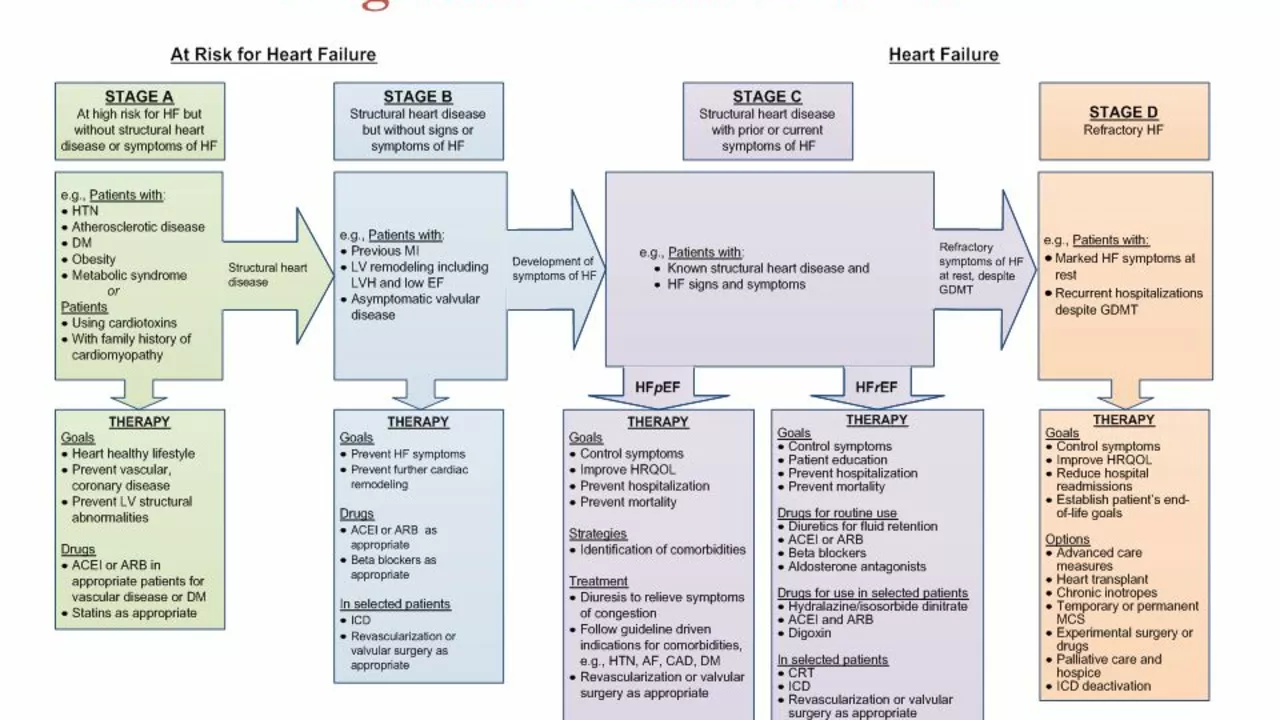Heart Failure Treatment: What You Need to Know
If you or someone you care about is dealing with heart failure, understanding how to manage it can make a big difference. Heart failure means the heart isn’t pumping blood as well as it should. This can cause fatigue, shortness of breath, and swelling. Thankfully, there are clear ways to handle this condition and improve quality of life.
Medications That Help Your Heart Work Better
Doctors often prescribe medicines to ease the strain on the heart and control symptoms. Common types include ACE inhibitors, beta blockers, and diuretics. ACE inhibitors help widen blood vessels, making it easier for blood to flow. Beta blockers slow the heart rate, reducing its workload. Diuretics get rid of extra salt and water to ease swelling. Taking these meds regularly as advised can keep symptoms in check and reduce hospital visits.
Simple Lifestyle Changes Matter
Beyond medication, small changes in daily habits can boost treatment results. Watch your salt intake since too much salt can make your heart work harder. Try to stay physically active—walking or light exercise can strengthen your heart over time, but check with your doctor first. Keep an eye on your weight and report sudden gains to your healthcare provider, as this might signal fluid buildup. Managing stress and getting enough sleep also support your heart's health.
Combining these efforts with your doctor's guidance puts you in control. Remember, heart failure treatment is a team effort, and staying informed helps you stay ahead.

